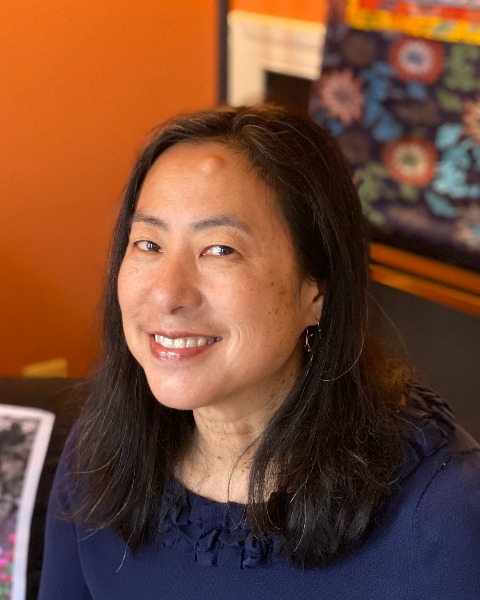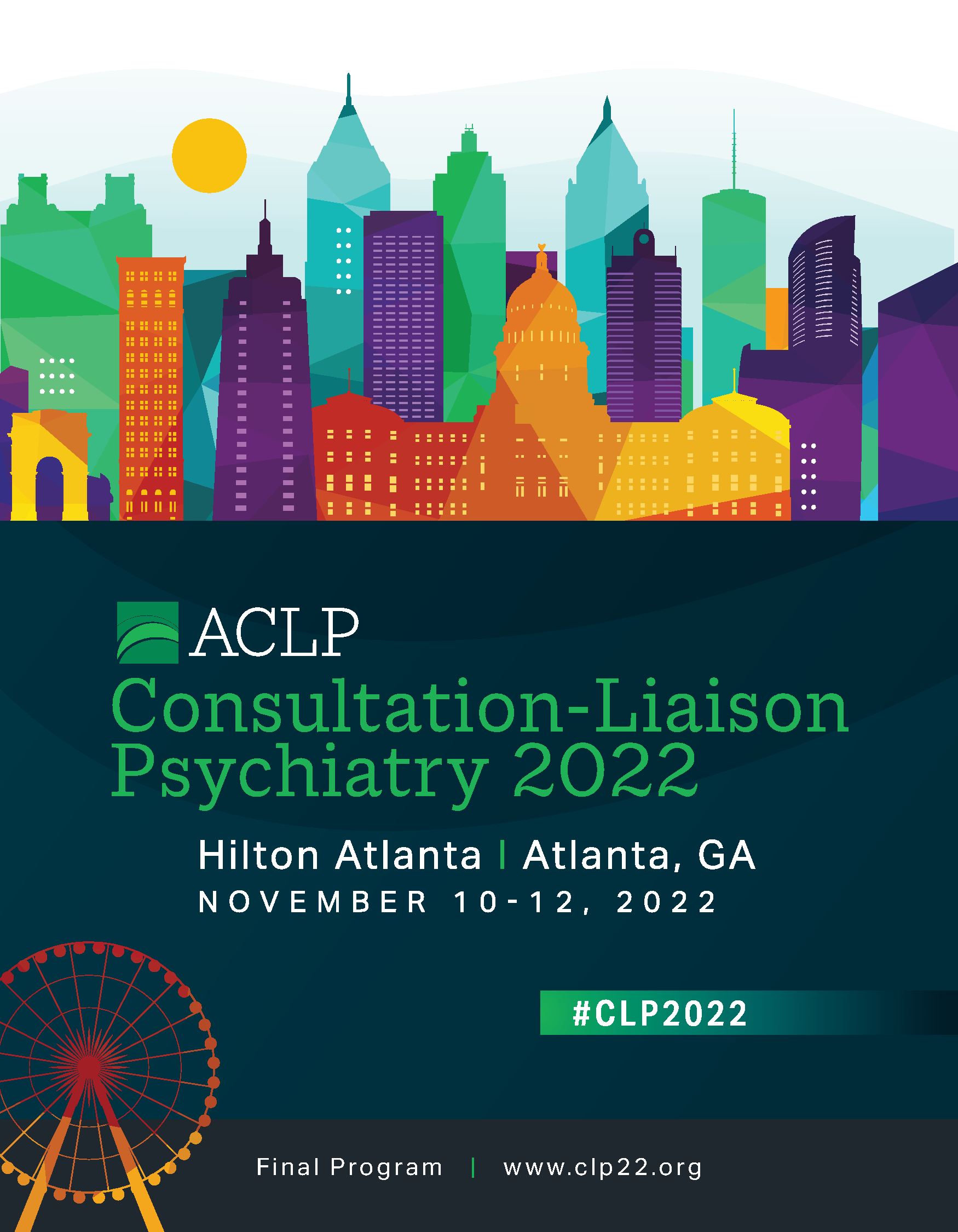Back
Eleanor & Thomas P. Hackett Memorial Award Lecture
Session: Plenary Session 2
Eleanor & Thomas P. Hackett Memorial Award Lecture: Mentoring Through Changing Times: Looking Back and Moving Forward
Thursday, November 10, 2022
1:30 PM – 2:30 PM
Location: Grand Ballroom
CE: 1 CME

Catherine Crone, MD, FACLP (she/her/hers)
Lead Psychiatrist
Lyra Health
Silver Spring, Maryland.jpg)
Jacqueline Posada, MD
C-L Psychiatrist
University of Texas Dell Medical School, Texas
Keynote Speaker(s)
Introducer(s)
Disclosure(s):
Catherine Crone, MD, FACLP: No financial relationships to disclose
Jacqueline Posada, MD: No financial relationships to disclose
One of the most crucial functions that C-L fellowship program directors and faculty members provide to their trainees is guidance and support of their personal and professional development, AKA Mentorship. Ideally, this is provided during the fellowship year and continues to be available into early career stages. However, how does one stay relevant as a mentor through ongoing changes in C-L psychiatry? For years, efforts at training and mentoring of fellows focused on graduated becoming hospital-based clinicians in university, VA, and community settings. Some would serve as sole providers of C-L services, while others functioned as members of multidisciplinary teams, some oversaw C-L divisions, and others supervised or taught medical students, residents, and fellows. This "traditional" role began to shift with the rise in C-L psychiatry in outpatient settings such as HIV, oncology, and transplant. Now, graduates would face the challenge of juggling outpatient embedded responsibilities with their hospital-based C-L duties. Further shifts arose with the rise of collaborative care and growing appreciation for outpatient C-L psychiatry in other medical and surgical settings. As a result, a graduate might opt to only look for a outpatient C-L or collaborative care position. A renewal in interest in hospital-based C-L work was brought about in recent years with the development of proactive consultation, a pre-emptive and cost-saving model of care. In the past couple years, with the COVID-19 pandemic, there has now been rapid growth in telepsychiatry and with it, there are now fully virtual C-L career options our fellowship graduates may now consider, no longer tethered to a hospital system.
Given these continued changes and the evolution of C-L psychiatry care models there is a challenge for mentors to continue to provide relevant guidance and support to their trainees, junior colleagues, and even peers. How do these different career options and differences in one’s valuation of what each has to offer impact the guidance given?
While the talk will draw some on my experiences as a fellowship director, clinical educator, and mentor, I have enlisted the participation and viewpoints of a panel of former mentees who are at varied stages of their careers, have different career experiences, and function as mentors themselves to broaden the discussion and relevance to the audience.
Note: Not eligible for ASWB credit.
Given these continued changes and the evolution of C-L psychiatry care models there is a challenge for mentors to continue to provide relevant guidance and support to their trainees, junior colleagues, and even peers. How do these different career options and differences in one’s valuation of what each has to offer impact the guidance given?
While the talk will draw some on my experiences as a fellowship director, clinical educator, and mentor, I have enlisted the participation and viewpoints of a panel of former mentees who are at varied stages of their careers, have different career experiences, and function as mentors themselves to broaden the discussion and relevance to the audience.
Note: Not eligible for ASWB credit.

